
The NC State Extension Master Gardener℠ (EMG) program empowers volunteers to educate and inspire North Carolinians to adopt research-based gardening practices that cultivate healthy plants, landscapes, ecosystems, and communities.
Under the guidance of N.C. Cooperative Extension Agents, volunteers complete an intensive (but fun), hands-on training program, pass an examination, and complete a 50 hour internship with N.C. Cooperative Extension in Chatham County. To remain active in the program volunteers must log a minimum of 30 hours of volunteer service and 10 hours of continuing education each year.To help you decide if you should apply to become an Extension Master Gardener volunteer, consider these questions:- Do I want to learn more about growing many types of plants?
- Am I eager to participate in a practical and intensive training program?
- Do I look forward to sharing my knowledge with people in my community?
- Do I have enough time to attend training sessions and to serve as a volunteer?
- Learn from outstanding horticulture experts
- Become knowledgeable and skilled in a variety gardening subjects
- Teach others about sustainable gardens, lawns and landscapes
- Help gardeners solve problems
- Learn how to identify and diagnose common diseases and insects
- Work with others who share your interests
- Continue to learn through workshops, field trips, conferences, and hands-on training
- Lead environmental education efforts in schools and neighborhoods
- Transform yards, people and communities
Volunteer Opportunities
Ask an EMG Plant Clinic - Help staff a gardening hotline that provides advice and educational assistance to local residents. Promote the Extension Master Gardener Program and answer gardening questions at local events, farmers markets, and festivals. This is the core of the original mission of the EMG program when founded at Washington State University in 1973. EMG interns must volunteer at least twelve hours in the Plant Clinic to become certified.
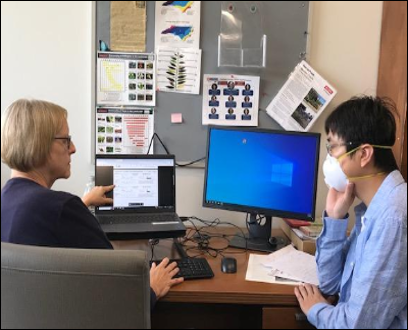
- Lectures and demonstrations at Chatham County Libraries and Centers for Active Living
- Therepeutic horticulture programs
- Assist Horticulture Agent with gardening workshops
- Write articles for newsletters and social media posts
- Record radio spots
- Develop gardening-related videos for the NCCE Chatham County Center Youtube channel
- Develop and lead gardening and environmental education activities for youth participating in 4-H summer camp and other 4-H events. Requires background check.
- Support the Chatham Seed Library Network
- Help plan major gardening symposia, such as our successful 2024 Herb Symposium
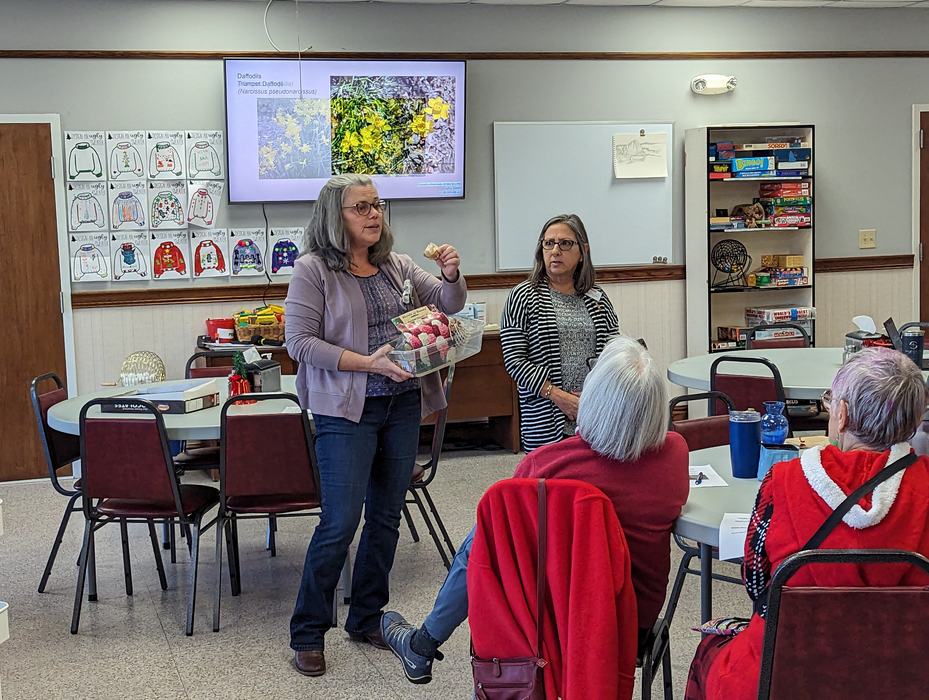
Demonstration Gardens – Help us plan, develop and maintain teaching gardens at the Chatham County Agriculture and Conference Center. Our gardens demonstrate sustainable gardening and ecological design principles, and serve as a training lab for both EMG volunteers and the public. Our gardens include vegetables, fruits, herbs, native perennials, and composting. EMG interns must volunteer at least six hours in our Demonstration Garden to become certified.
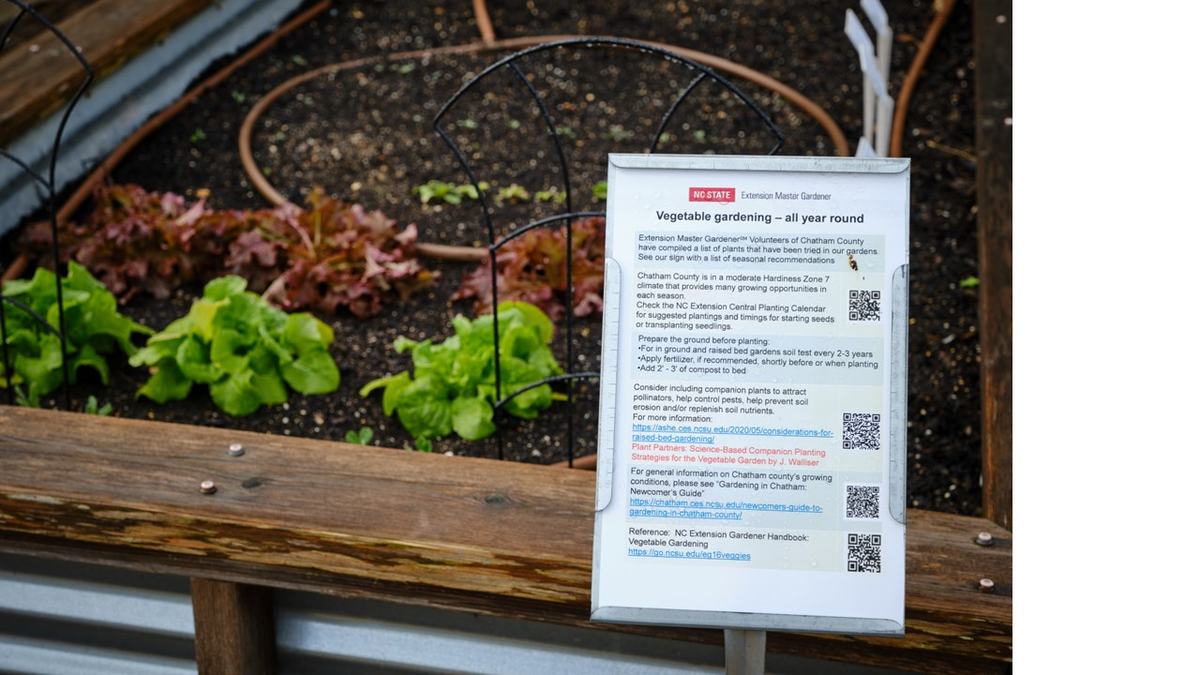
Soil Testing and Delivery - Chatham EMGs help distribute, collect, deliver, and interpret reports from the NCDA Agronomic Services Soil Testing Lab.
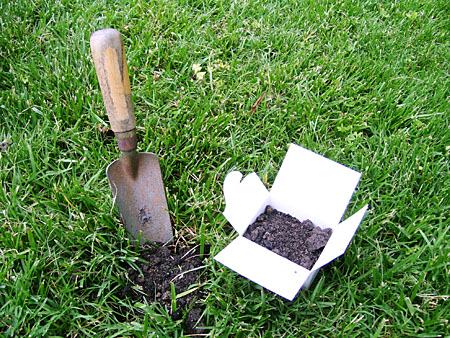
Program Management and Fundraising - Help provide adminstrative support for our growing program, or help with our Grafted Tomato Sale and other events that provide our sole source of revenue to fund all of our education and outreach programs.
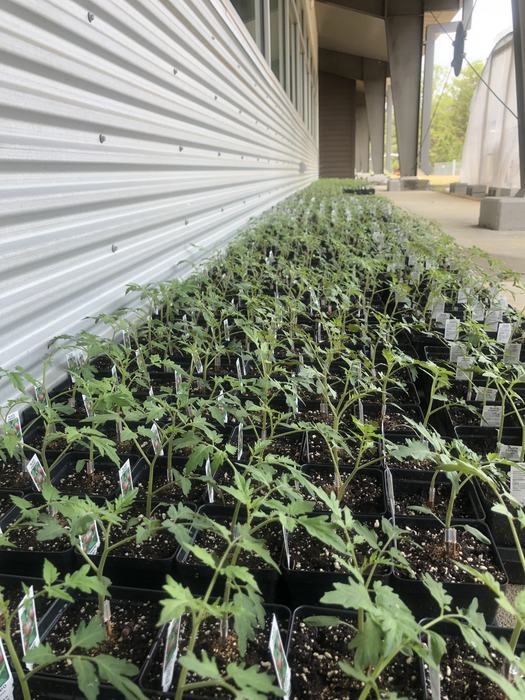
Have questions? Contact the N.C. Cooperative Extension Chatham County Center by calling 919-542-8202 or email matt_jones@ncsu.edu